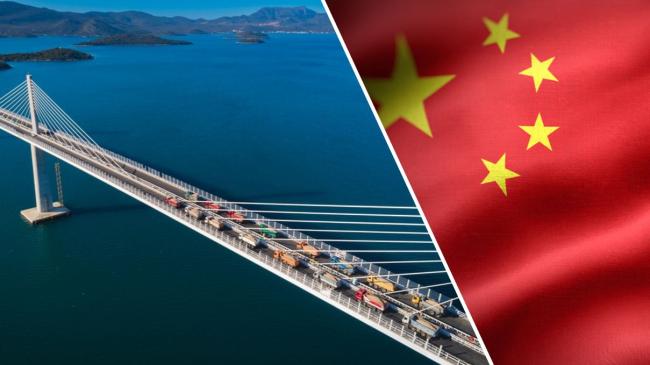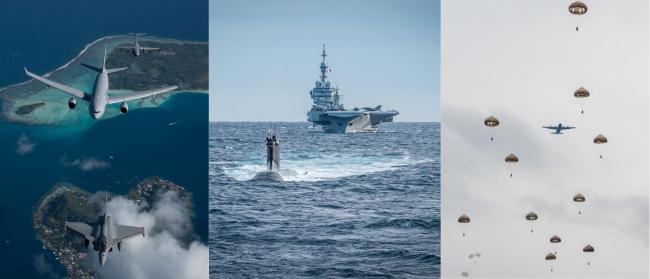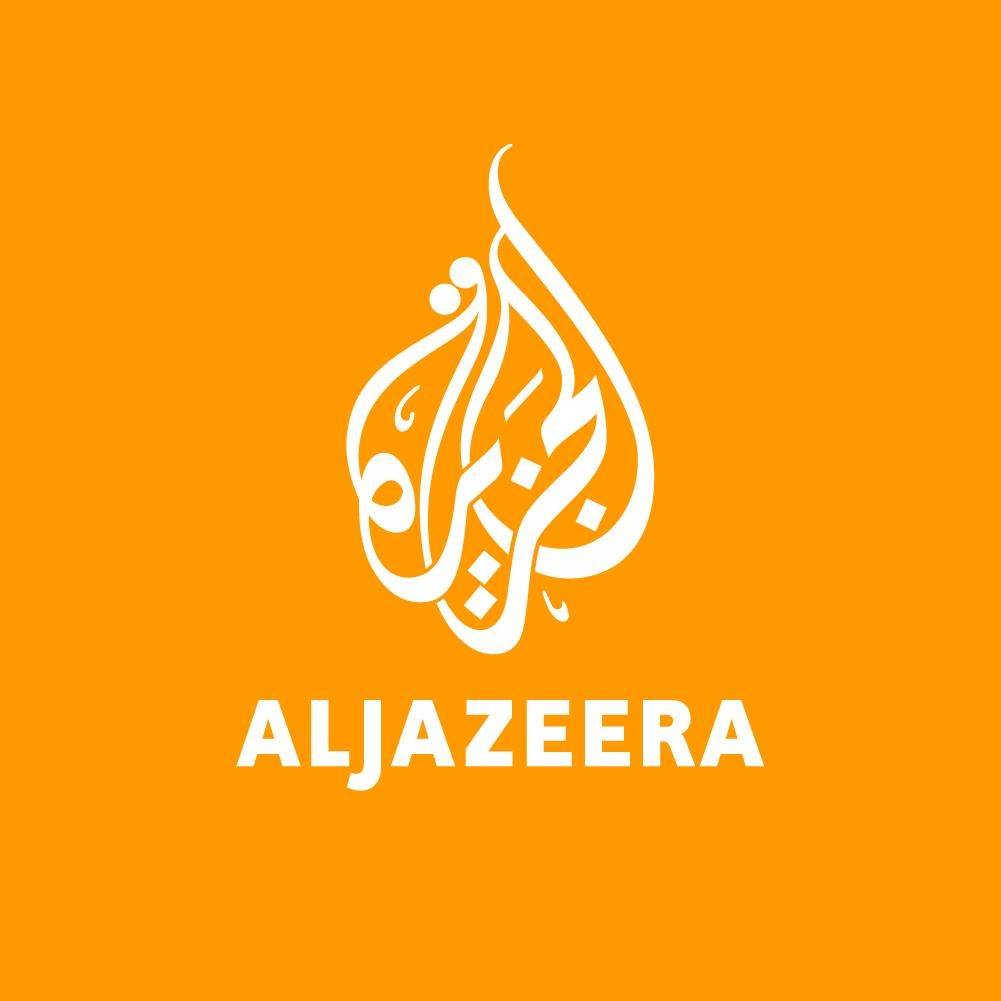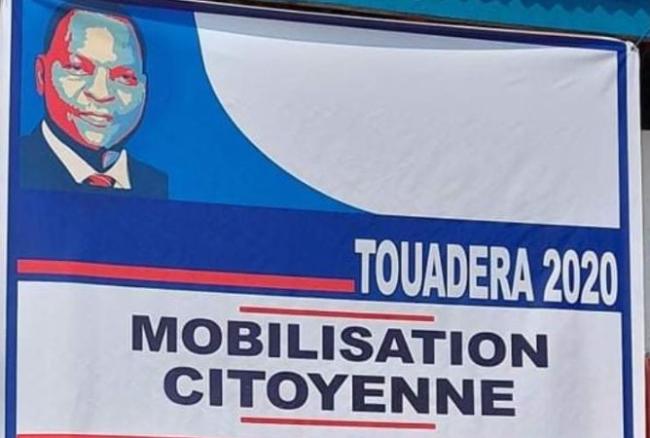Hostage diplomacy of the Islamic Republic of Iran. The case of Europeans detained in Iran
The so-called hostage diplomacy of the Islamic Republic of Iran refers to a political and diplomatic strategy in which Tehran uses the detention of Western nationals, dual citizens, or Iranian citizens residing in Europe, Australia, or the United States as leverage in diplomatic negotiations. This practice aims to exert pressure to secure political, economic, or diplomatic concessions as part of Tehran’s asymmetric response strategy. Hostage diplomacy remains a controversial yet effective tool from the perspective of the Islamic Republic of Iran, given its context of economic sanctions and diplomatic isolation.
AfD’s Foreign Policy Between Disengagement in the West and Partnership in the East
The Alternative for Germany (AfD) was formed in 2013 in the context of the currency crisis as an “alternative” to the Merkel government’s policy of rescuing the euro. Since then, the party’s platforms for the European elections in 2014, 2019 and 2024 have become increasingly radical.

European Union: A Geopolitical Illusion?
The European Union (EU) is holding firm in the face of the war in Ukraine—perhaps better than expected. But what long-term effects will the war have on European institutions and policies? The institutions will need to be changed to cope with the forthcoming expansions. The EU has certainly made progress toward common industrial and technological policies. But will this dynamic do away with a conception of strategic autonomy, encompassing both diplomacy and strategy? The European Union, which will undoubtedly be a key mover of future changes for the continent, remains largely uncertain in terms of its future configurations.
Can Europe do Without a Geologistical Strategy to Face China?
During the economic and financial crisis in 2008, during which the West was severely weakened, the ties between the Western Balkans and China were particularly close. For these countries, turning to China meant to secure new destination markets for their exports and to guarantee new investments.
Strategic Signaling: A Lever for France in the Competition Between Powers?
From the joint and combined Orion 2023 exercice to the deployment of Leclerc tanks in Romania, through the qualification fire of new missiles, the French armed forces conduct many manoeuvres and activities that are now described as falling under the "strategic signaling".

Ukraine: Between Two Peaces?
We have reentered the world of war. In its first special report, Politique étrangère offers a range of in-depth analyses of the military and political dynamics at work in a Europe that has just woken up from its dream of enduring peace. The direct confrontation between Ukraine and Russia has pitted two military and defense systems against each other, whose asymmetrical logics, strengths, and weaknesses we are discovering as the conflict unfolds.
EU Winds Down Military Training Operations in Mali
The European bloc is involved in two training missions in Mali – the EUTM and the EUCAP – to coach soldiers and police.
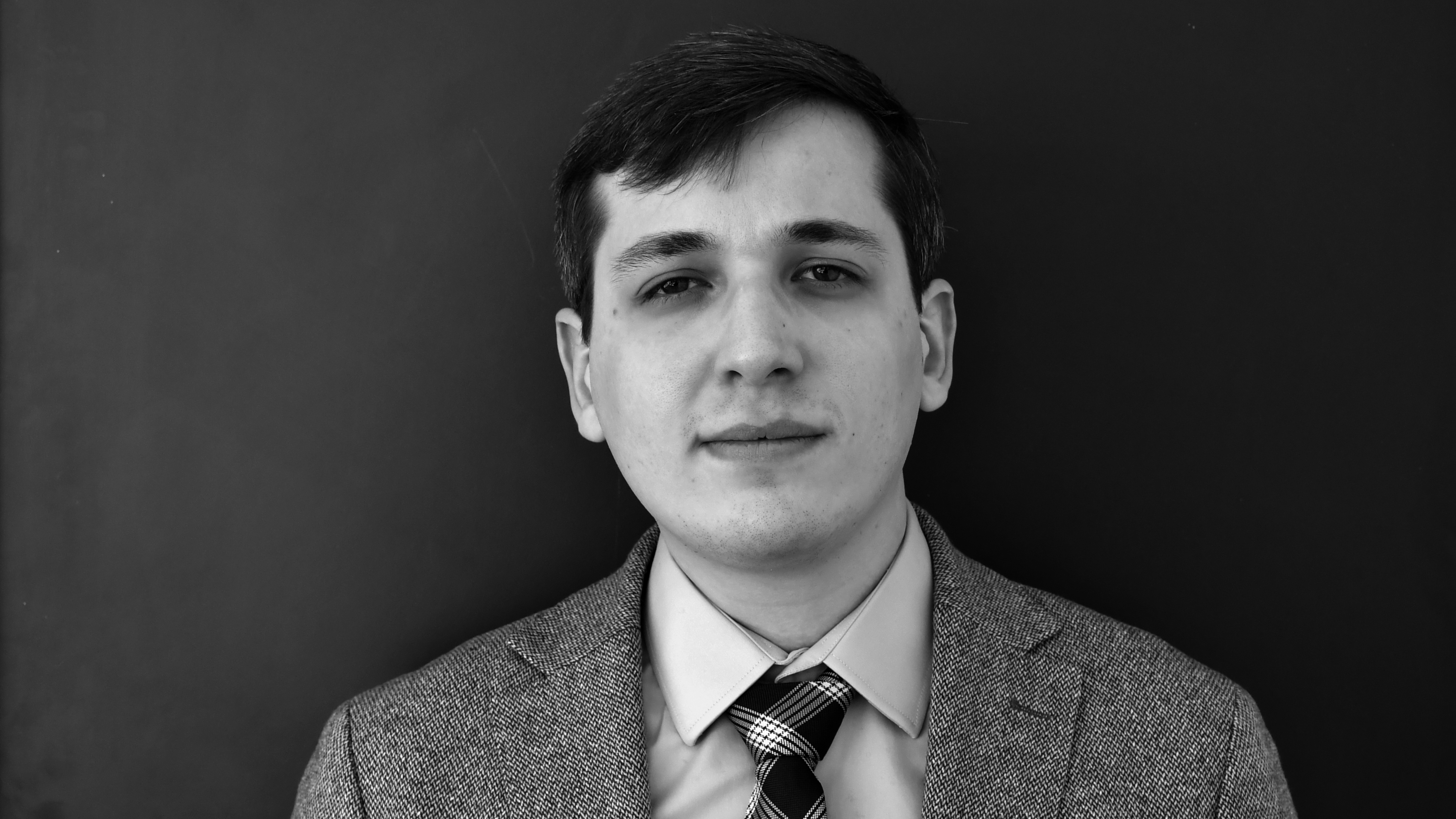

Russian Elite Divided on Strategy in Ukraine but Not on Kremlin Goals There, Minic Says
Vladimir Putin is not a military strategist, and the decision to shift Russian forces from around Kyiv to the southeast in order to be in a position to defeat the Ukrainian army rather than go all out to achieve regime change now in Ukraine shows that, Dmitri Minic of the Paris Institute for International Relations says.
Central African Social Media at the Dawn of the Elections : An Advanced Symptom of a Coming Political Crisis
Although the Central African Republic remains a very weakly connected country with an Internet penetration rate of 14% in 2020, citizens begin to appropriate the use of social networks.
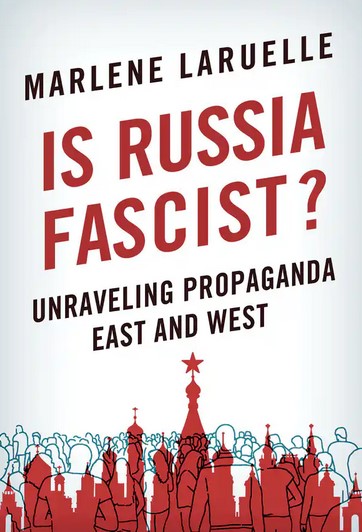
Is Russia Fascist? Unraveling Propaganda East and West
The charge of "fascism" has become a strategic narrative of the current world order.
Hostage diplomacy of the Islamic Republic of Iran. The case of Europeans detained in Iran
The so-called hostage diplomacy of the Islamic Republic of Iran refers to a political and diplomatic strategy in which Tehran uses the detention of Western nationals, dual citizens, or Iranian citizens residing in Europe, Australia, or the United States as leverage in diplomatic negotiations. This practice aims to exert pressure to secure political, economic, or diplomatic concessions as part of Tehran’s asymmetric response strategy. Hostage diplomacy remains a controversial yet effective tool from the perspective of the Islamic Republic of Iran, given its context of economic sanctions and diplomatic isolation.

Is Russia Fascist? Unraveling Propaganda East and West
The charge of "fascism" has become a strategic narrative of the current world order.
War’s Indirection or the Return of the Limited War
Over the last few years both the United States and Russia seem to have changed their conception of how to deploy force.
The Arab Revolts and Southeast Asia: What Impact and What Influence?
Southeast Asia experienced its own political upheavals well before the Arab revolts. Nevertheless, the wave of popular uprisings that shook the Middle-East and North Africa region goes far beyond the region’s boundaries, and Southeast Asia is no exception to the global crisis of confidence towards governments.
Intelligence and Nuclear Proliferation: Lessons Learned
Intelligence agencies play a fundamental role in the prevention of nuclear proliferation, as they help to understand other countries' intentions and assess their technical capabilities and the nature of their nuclear activities.
EU Winds Down Military Training Operations in Mali
The European bloc is involved in two training missions in Mali – the EUTM and the EUCAP – to coach soldiers and police.


Russian Elite Divided on Strategy in Ukraine but Not on Kremlin Goals There, Minic Says
Vladimir Putin is not a military strategist, and the decision to shift Russian forces from around Kyiv to the southeast in order to be in a position to defeat the Ukrainian army rather than go all out to achieve regime change now in Ukraine shows that, Dmitri Minic of the Paris Institute for International Relations says.


RT Brings Its Russian Perspective to France
RT, dubbed as an "organ of influence and deceitful propaganda" by President Emmanuel Macron in May during a joint news conference with Vladimir Putin, has now launched RT France. Has France become the latest front in Russia's information war?
Support independent French research
Ifri, a foundation recognized as being of public utility, relies largely on private donors – companies and individuals – to guarantee its sustainability and intellectual independence. Through their funding, donors help maintain the Institute's position among the world's leading think tanks. By benefiting from an internationally recognized network and expertise, donors refine their understanding of geopolitical risk and its consequences on global politics and the economy. In 2024, Ifri will support more than 70 French and foreign companies and organizations.











